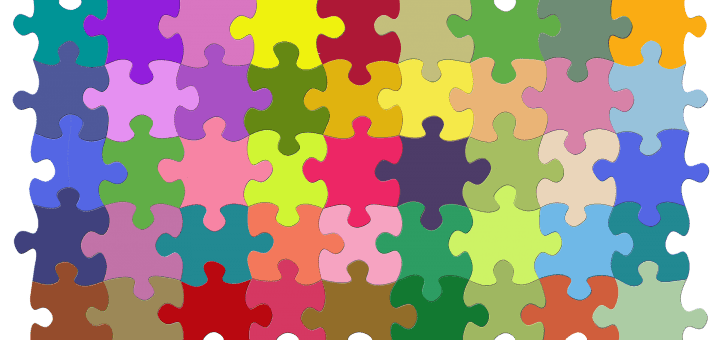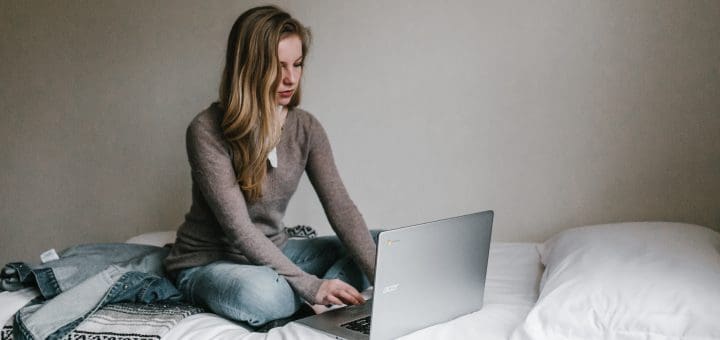An App to Consider: Medisafe
It can be hard to stick to a schedule. Things change and happen everyday and can throw everything off. It can be even harder to remember to stick to a schedule if you’re feeling overwhelmed, unwell, or depressed, making you likely to forget the more minor things in your schedule.











Recent Comments